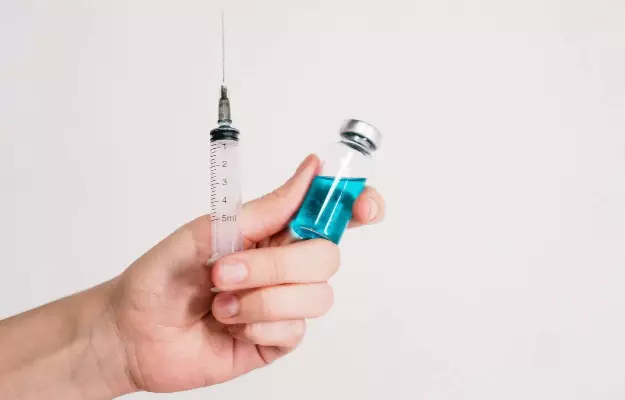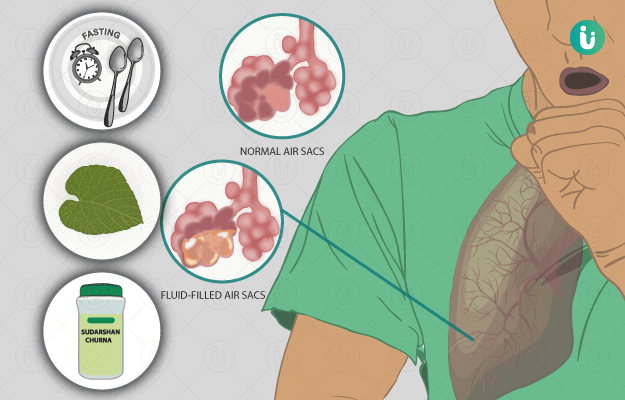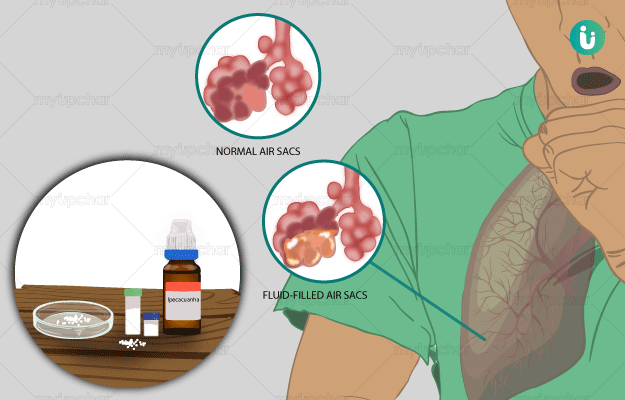The Drugs Controller General of India (DCGI) on July 14 approved the first indigenously made pneumococcal vaccine in the country. The vaccine was developed and tested by the Serum Institute of India (SII) over five years.
The SII vaccine, which will be used to prevent pneumonia, will reduce India's dependence on imports. After getting the approval from DCGI, the Pune-based SII will be able to manufacture the pneumonia vaccine in India.
According to reports, Dr V.K. Paul, member (health), NITI Aayog, said that the pneumonia vaccine will be used to develop active immunity against the disease caused by the Streptococcus pneumoniae bacteria.
Dr Paul added that having a locally developed and made pneumococcal vaccine would prove to be a game-changer in reducing mortality among children in India.
Each year pneumonia kills over 800,000 children up to the age for five; many of them in developing countries like India.
Read more: Pneumonia and COVID-19
India had reported the second largest number of deaths in children under the age of five due to pneumonia in the year 2018. According to UNICEF data, 1.27 lakh children died of pneumonia in India that year. The vaccine needed to treat this disease has so far been supplied through imports.
According to experts, however, large-scale manufacture and use is based on the efficacy and safety of the vaccine, determined by extensive trials across three stages. The Serum Institute of India performed all the trials in India as well as in the African country of Gambia, based on which it received a go-ahead from DCGI.
What is pneumonia
Pneumonia is an infection that causes one or both of the lungs to fill with liquid or pus. Due to this, a patient may experience problems like the accumulation of mucus, fever, chills and shortness of breath.
Pneumonia can be life-threatening for infants, young children, the elderly (above 65 years), those suffering from pre-existing conditions as well as those with weak immune systems. Pneumonia is an infection. Viral and bacterial pneumonia can also spread to others by sneezing or coughing, through droplet transmission. However, according to experts, fungal pneumonia does not spread like this.












